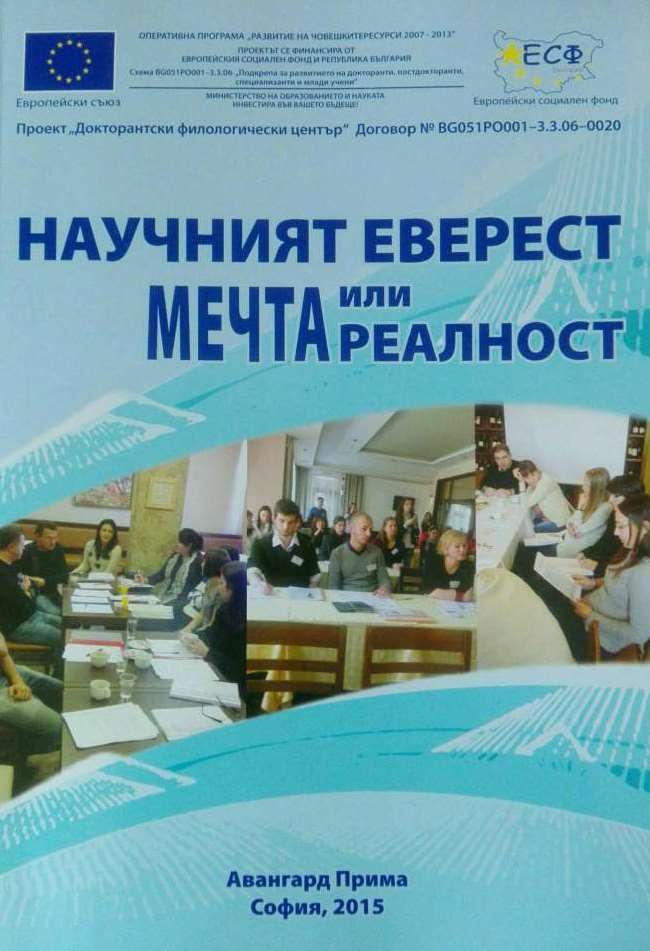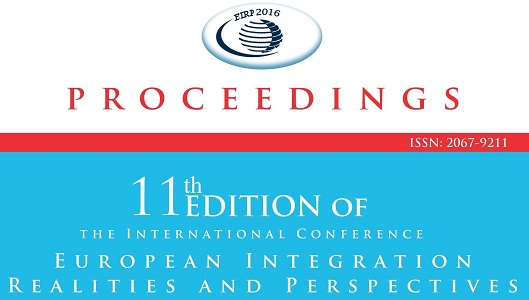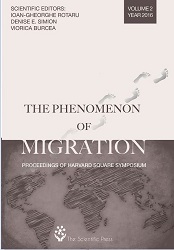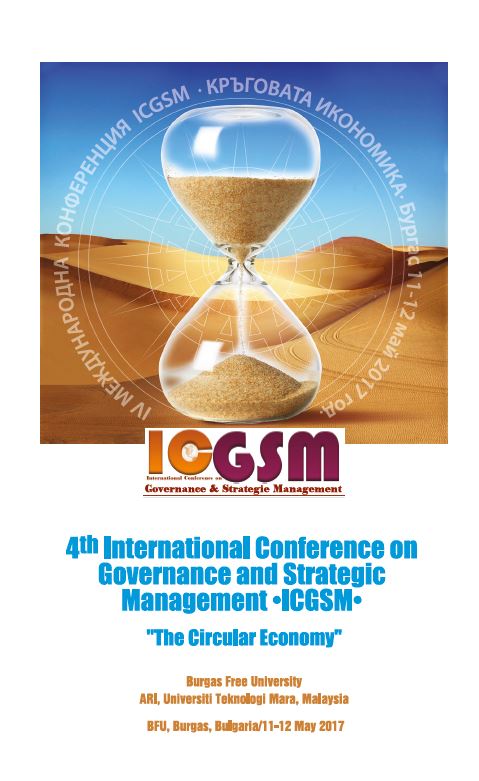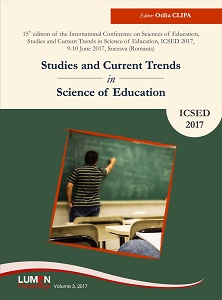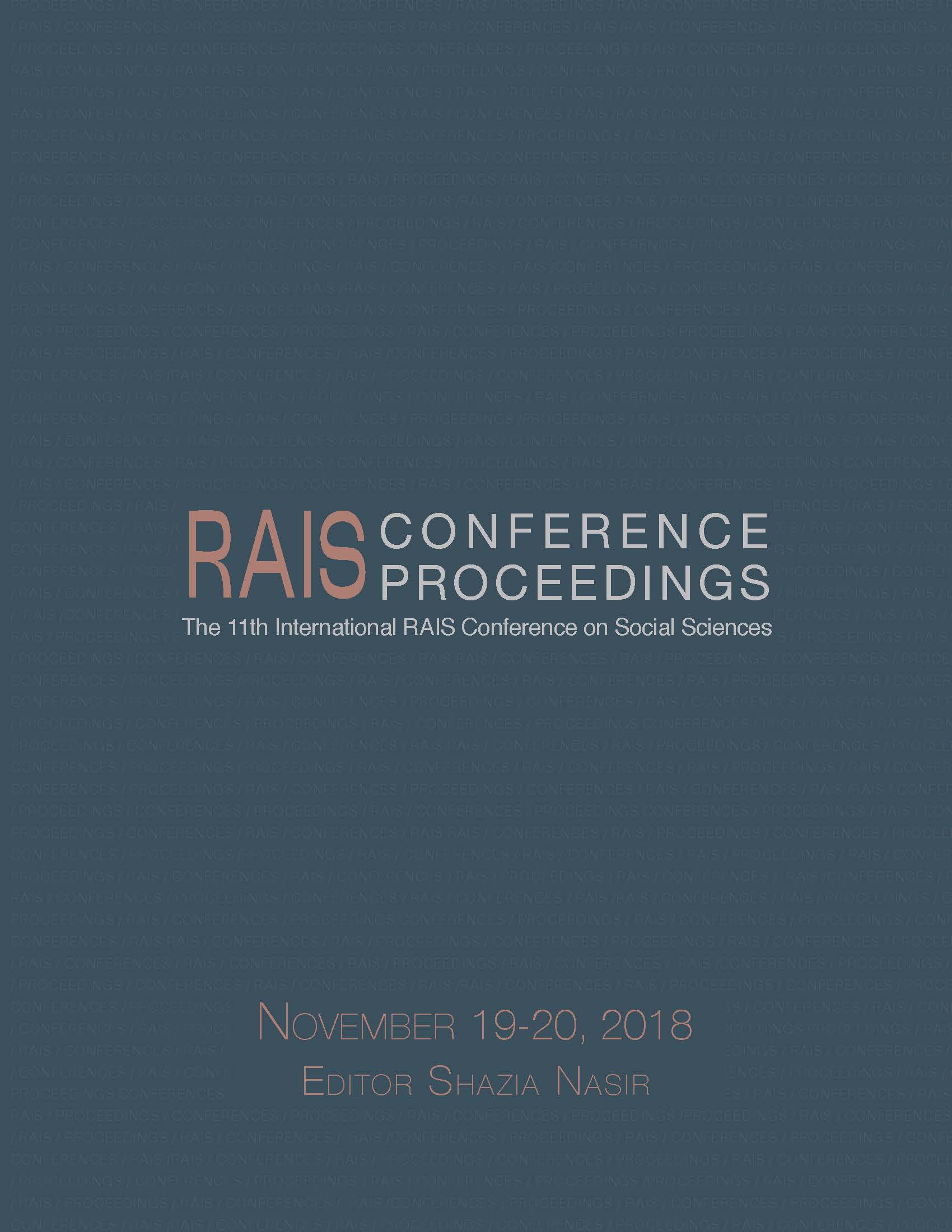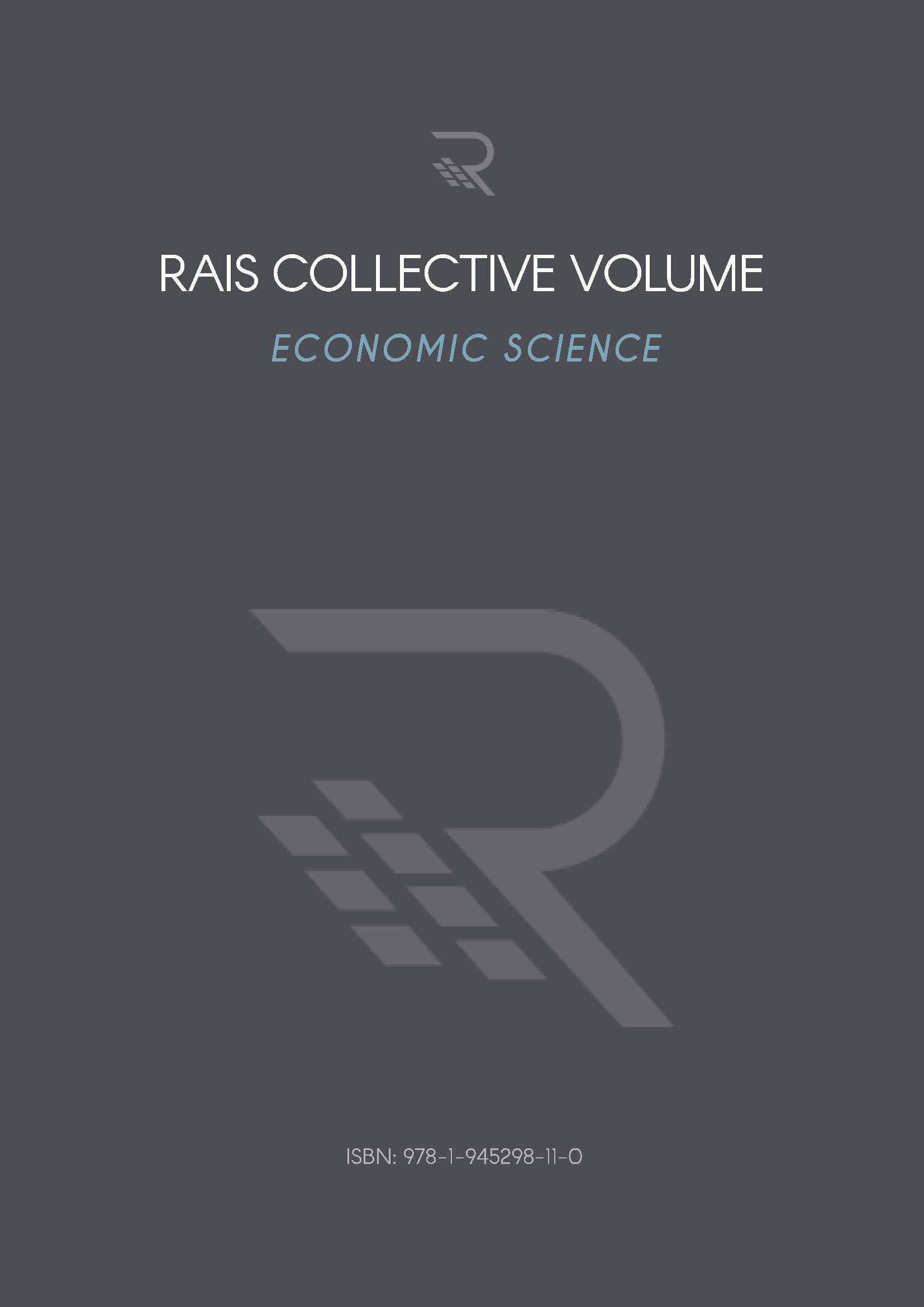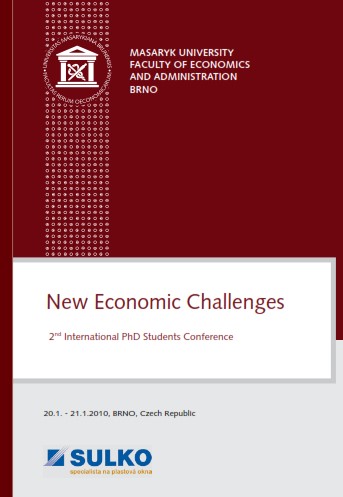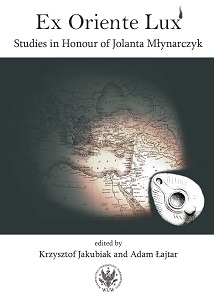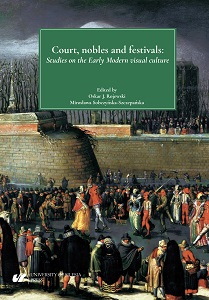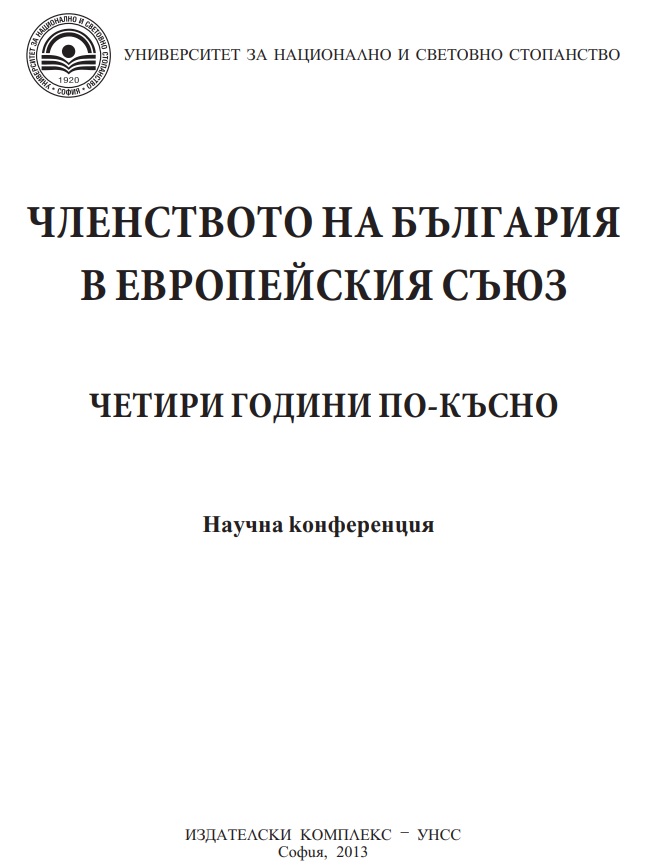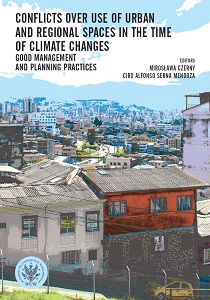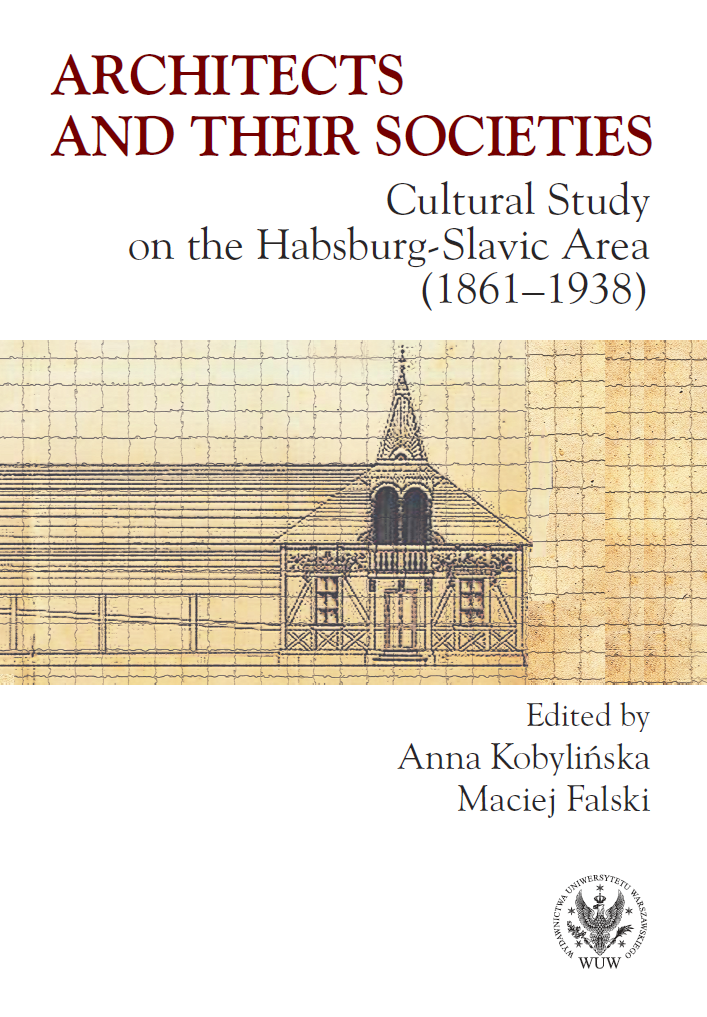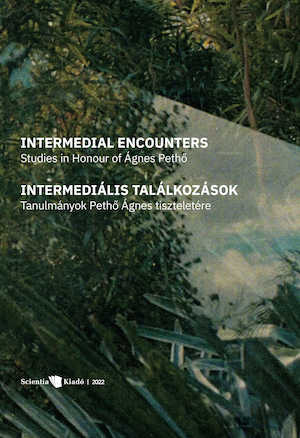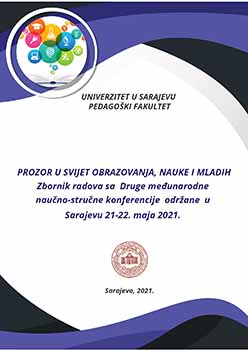CONCLUDING REMARKS
Author(s): Author Not Specified / Language(s): English
/ Publication Year: 0
Keywords: Serbia; prison; quality of life; security; lawfulness; social resettlement; outside world contact; personnel; conclusion; remarks;
The coming into force of the new Law on the Enforcement of Criminal Sanctions (LECS) on 1 October 1998 and of the Decree on the Establishment of Institutions for the Enforcement of Institutional Sanctions on 23 May 1998 were major steps forward in reforming and modernizing our country’s system for the enforcement of criminal sanctions and its harmonization with relevant international legal acts. Nonetheless, although five years have passed since their adoption, a great many of their provisions are yet to be put into practice. What is more, although at the time of its adoption the new law was welcomed as a long-overdue innovation designed to meet the pressing need to bring our country’s legislation into line with relevant international standards, at the time of writing it appears obsolete and incompatible. This is why an analysis of the system of enforcement of institutional criminal sanctions in our country and its comparison to those of other countries on the basis of relevant legal provisions alone would be purely fictitious. We therefore decided against such an approach. The current state of affairs outlined above made our task much more difficult in many ways. Instead of concentrating on detecting ‘minor’ inconsistencies in the enforcement of criminal sanctions and contemplating ways of eliminating them, we found ourselves confronted with something we considered inconceivable, i.e. the absence of a single strategy, of a well-conceived system, and of a well-defined network of institutions. In so chaotic a climate, marked by disregard for even fundamental legal provisions (e.g. those determining the categories of institution, their classification, etc.), it was impossible to verify the general theoretical propositions on which the whole system ought to rest and consequently to see their practical implications. Instead, much of our effort consisted in detecting and discussing major derogation’s from the LECS and relevant international standards. The final chapter of this work comprises general conclusions based on the findings presented on the preceding pages, as well as recommendations for promoting the enforcement of criminal sanctions, primarily with a view to protecting the basic human rights of imprisoned or detained persons. In order to ensure systematic presentation and ease of reference, the conclusions and recommendations are subsumed according to their content under the six subjects discussed earlier.
More...
